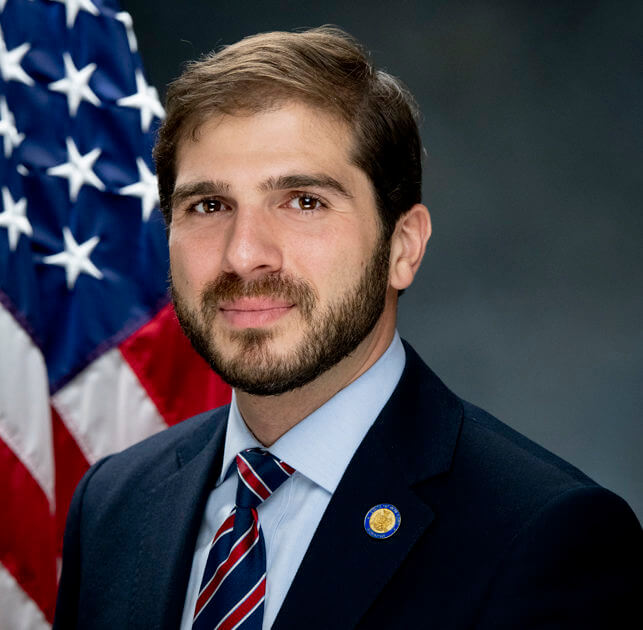Gounardes: Legislature ‘not a co-equal’ in budget process

Photo courtesy of Gounardes’ office
A freshman lawmaker who got his first taste of the messy, sausage-making process involved in formulating the state budget said he emerged from the experience with mixed feelings.
State Sen. Andrew Gounardes, who was elected in November, said that while he is pleased that several items pushed by Democrats wound up in the final version of the $175 billion state budget, the process revealed peculiarities in the system that he found frustrating.
Chief among his concerns: the governor has a much larger say than the state legislature.